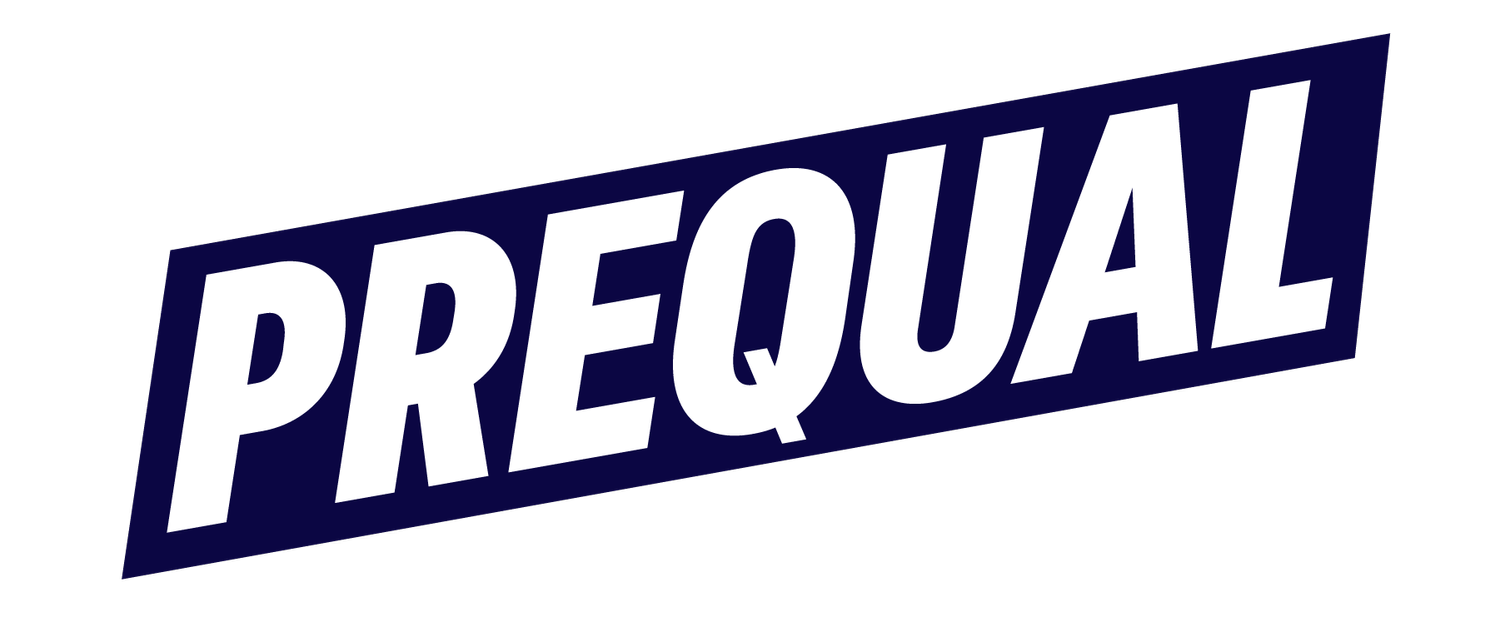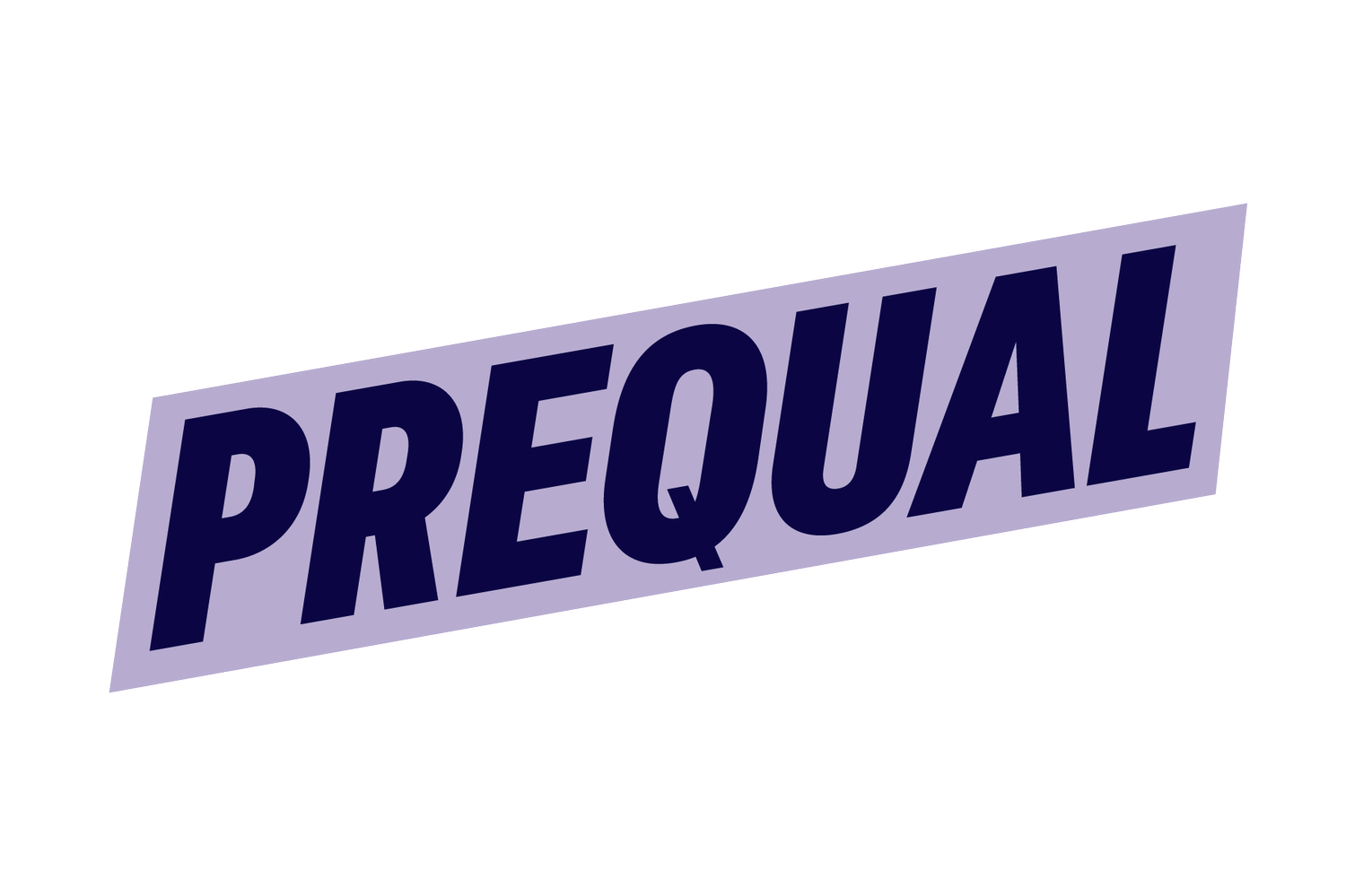Gender Wage Gap: How to Close It and Build an Equitable Workplace
The gender wage gap is a persistent issue in the workforce, with women earning less than men across industries and positions. Understanding the root causes—and taking action—is critical for building equitable workplaces. This post explores:
Why the gender wage gap is real and extends beyond salaries.
How systemic barriers and DEI challenges affect women’s career advancement.
Why diversity, equity, and inclusion initiatives improve both people and business outcomes.
How women and organizations are driving meaningful change.
Practical steps you can take today to close the gap.
The Gender Age Gap is Real
Numbers don’t lie. Women around the world still earn significantly less than men. In the U.S., women earn 85% of what men earn—and disparities widen with seniority. This gap extends beyond base pay to include bonuses, promotions, and retirement contributions.
Intersectionality further compounds inequality:
Black women earn 66 cents, and Latinas earn 58 cents per dollar compared to white, non-Hispanic men.
Women with disabilities face lower employment rates and slower advancement, while LGBTQ+ employees often encounter pay disparities and barriers to leadership opportunities.
These compounded inequalities have long-term financial consequences and affect organizational retention, trust, and performance.
WHY IT MATTERS
Over time, these differences translate into long-term financial inequity, limited career mobility, and reduced retirement security.
Structural Barriers That Perpetuate Gender Inequality
Even when the gender wage gap is real, structural barriers make it worse.
Gender bias, stereotypes, and lack of supportive policies limit women’s opportunities:
Women are less likely to be promoted despite equal performance.
Leadership and high-paying sectors, such as tech, finance, and engineering, remain largely male-dominated, with only 28% of senior roles globally held by women.
Other barriers include:
Unequal access to funding: Women entrepreneurs receive just 2% of venture capital, despite women-led businesses often outperforming male-led ones in terms of growth (Boston Consulting Group, 2022).
Limited family support policies, such as affordable childcare and paid parental leave, disproportionately impact women.
WHY IT MATTERS
These obstacles reinforce the wage gap, reduce diversity, and slow organizational progress on DEI goals.
DEI as a Business Imperative
Investing in diversity, equity, and inclusion (DEI) and equitable practices improves performance across the board:
Companies with gender-diverse leadership are 25% more likely to outperform financially.
Diverse teams make better decisions 87% of the time.
Inclusive workplaces enhance employee engagement and retention, ultimately reducing the costs associated with turnover.
WHY IT MATTERS
Failing to prioritize DEI and gender equity can lead to disengaged employees, underutilized talent, and increased turnover—ultimately impacting profitability and innovation. Strong DEI practices help organizations attract, retain, and maximize talent while addressing the gender wage gap.
Women and Advocates Driving Change
Efforts to close the gender wage gap are happening across organizations and industries:
Advocacy groups such as Equal Pay Today, Moms Rising, and the American Association of University Women (AAUW) promote salary transparency, equitable hiring practices, and pay audits.
Movements like #MeToo and Time’s Up highlight workplace injustices and systemic inequities.
Women like you are negotiating their pay, claiming leadership opportunities, and holding companies accountable.
WHY IT MATTERS
Combining policy reform with individual action helps create sustainable change and reinforces DEI initiatives.
How You Can Help Close the Gender Wage Gap
For Employers & Leaders:
Conduct pay-equity audits and publish findings.
Remove bias from hiring, promotions, and performance evaluations.
Offer flexible work arrangements and paid parental leave.
Support women in leadership through mentorship and career-track programs.
For Individuals:
Engage in open discussions about gender inequality and wage gaps.
Mentor emerging women leaders and sponsor advancement opportunities.
Advocate for transparent compensation and DEI-focused policies.
Your Turn
Speak up, take action, make change. Comment with your experiences and sign up for Prequal’s newsletter to stay informed on tackling the gender wage gap and advancing workplace equity.


